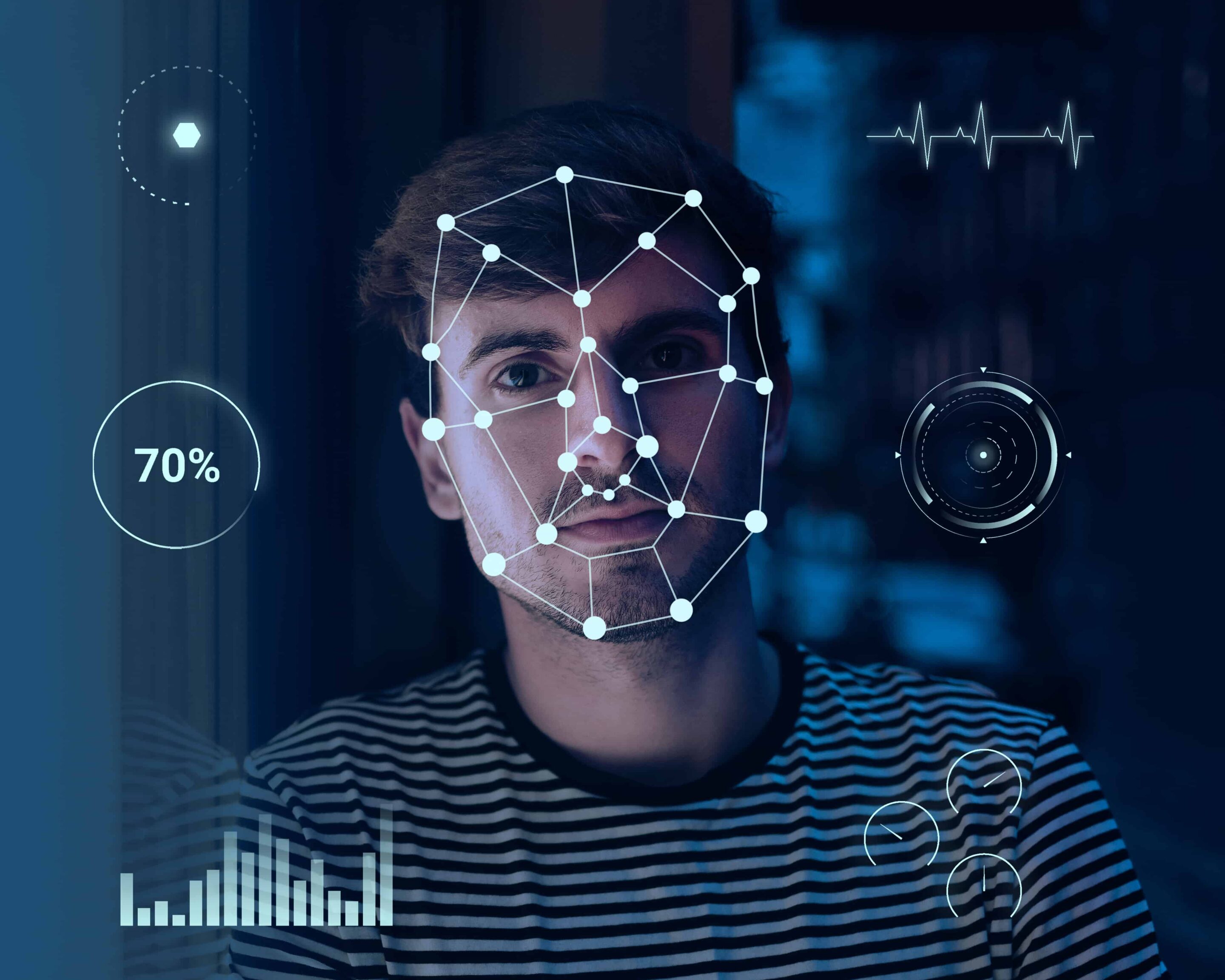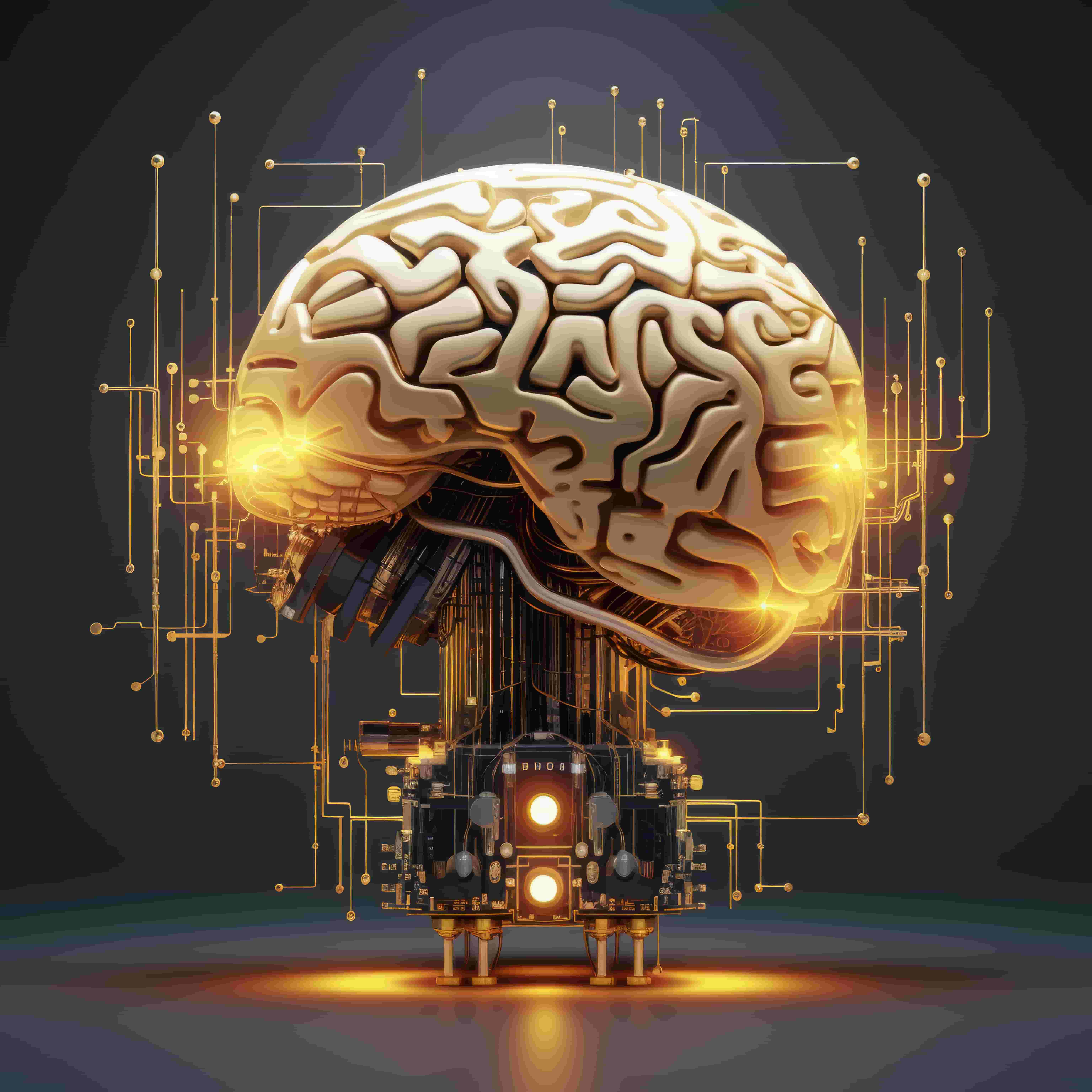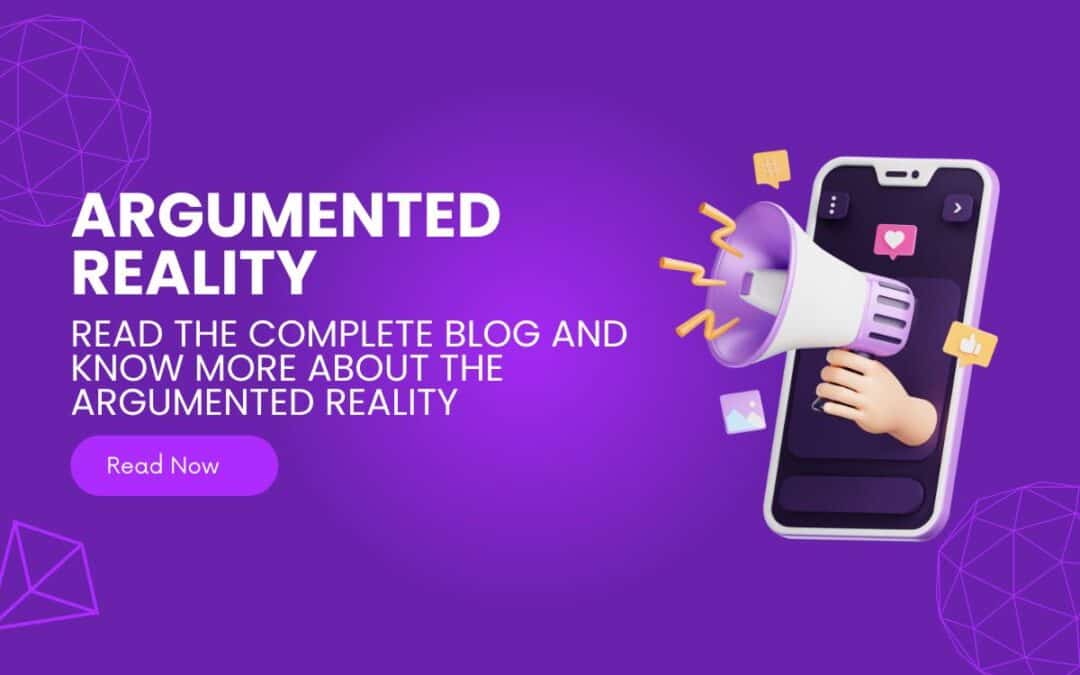
AI in Digital Marketing: Elevating Customer Experiences to New Heights
The integration of artificial intelligence (AI) into digital marketing has revolutionized how businesses interact with customers, driving engagement and personalization to unprecedented levels. In this comprehensive exploration, we will delve into the various ways AI is transforming digital marketing, its impact on customer experiences, and the future prospects of this dynamic synergy. This 3000-word blog will cover the following key areas:


1. Introduction to AI in Digital Marketing
Artificial intelligence refers to the simulation of human intelligence in machines that are programmed to think, learn, and make decisions.
In digital marketing, AI is leveraged to analyze vast amounts of data, predict outcomes, and automate processes, resulting in more efficient and effective marketing strategies.
The use of AI in digital marketing encompasses a wide range of applications, including personalization, content creation, predictive analytics, customer service, ad targeting, and more. By harnessing the power of AI,
businesses can create more meaningful interactions with their customers, ultimately driving better outcomes and higher levels of satisfaction.
2. Personalization and Customer Engagement
One of the most significant impacts of AI in digital marketing is the ability to deliver highly personalized experiences to customers.
Personalization involves tailoring content, recommendations, and interactions to individual preferences and behaviors.


AI-Powered Personalization
AI algorithms analyze customer data, such as browsing history, purchase behavior, and social media interactions, to create detailed profiles of each customer. This data-driven approach allows marketers to deliver personalized content and recommendations that resonate with individual customers.
AI algorithms analyze customer data, such as browsing history, purchase behavior, and social media interactions, to create detailed profiles of each customer. This data-driven approach allows marketers to deliver personalized content and recommendations that resonate with individual customers.
Enhancing Customer Engagement
Personalized experiences lead to higher levels of customer engagement. When customers feel understood and valued, they are more likely to interact with a brand, make purchases, and become loyal advocates. AI-driven personalization can significantly boost engagement by delivering relevant content at the right time through the right channels.
3. AI-Driven Content Creation
Content is a cornerstone of digital marketing, and AI is transforming how content is created, optimized, and distributed.
AI-powered tools can generate high-quality content, optimize it for search engines, and even predict its performance.


AI can generate content for various purposes, including blog posts, social media updates, product descriptions, and more. Natural language processing (NLP) and machine learning algorithms enable AI to produce coherent and contextually relevant content that aligns with brand voice and messaging.
Automated Content Generation
For instance, tools like GPT-4 (Generative Pre-trained Transformer) can write articles, create social media posts, and generate product
descriptions. This automation saves time and resources while maintaining content quality.
Content Optimization and SEO
AI tools also assist in optimizing content for search engines. By analyzing search trends, keywords, and competitor content, AI can provide recommendations to improve content visibility and ranking. Additionally, AI-driven analytics help marketers understand how content is performing and make data-driven adjustments to enhance its effectiveness.
4. Predictive Analytics and Customer Insights


Predictive analytics involves using historical data and AI algorithms to forecast future outcomes. In digital marketing, predictive analytics provides valuable insights into customer behavior, preferences, and trends, enabling marketers to make informed decisions.
Customer Behavior Prediction
AI analyzes customer data to identify patterns and predict future behavior. For example, predictive analytics can forecast which products a customer is likely to purchase based on their past behavior. This information allows marketers to tailor their marketing strategies and campaigns to target specific customer segments effectively.
Enhancing Customer Retention
Predictive analytics also plays a crucial role in customer retention. By identifying potential churn risks and understanding the factors that contribute to customer dissatisfaction,
businesses can take proactive measures to retain customers. Personalized offers, targeted campaigns, and improved customer service are some of the strategies that can be implemented based on predictive insights.
4. Chatbots and Customer Service


AI-powered chatbots are revolutionizing customer service by providing instant, 24/7 support and enhancing the overall customer experience. Chatbots can handle a wide range of inquiries, from answering frequently asked questions to assisting with product purchases.
Enhancing Customer Support
Chatbots use natural language processing (NLP) to understand and respond to customer queries in real-time. They can provide accurate and relevant information, resolve issues, and escalate complex inquiries to human agents when necessary. This seamless integration of AI and human support ensures that customers receive timely and efficient assistance.
Personalization and Engagement
AI chatbots can also deliver personalized experiences by leveraging customer data. They can greet customers by name, recommend products based on browsing history, and provide tailored solutions to individual needs. This level of personalization enhances customer engagement and satisfaction.
06. Enhancing Ad Targeting and Campaign Optimization


AI is transforming the way digital advertising campaigns are created, targeted, and optimized. By analyzing vast amounts of data, AI can identify the most effective strategies for reaching and engaging target audiences.
Ad Targeting
AI algorithms analyze user data, such as demographics, interests, and online behavior, to create detailed audience profiles.
This data-driven approach enables marketers to target ads with precision, ensuring that they reach the right people at the right time.
As a result, ad targeting becomes more efficient and effective, leading to higher conversion rates
Campaign Optimization
AI continuously monitors and analyzes the performance of advertising campaigns. By identifying patterns and trends, AI can make real-time adjustments to optimize ad placements, bids, and creative elements. This dynamic optimization ensures that campaigns deliver the best possible results while maximizing return on investment (ROI).
7. Voice Search and Conversational AI


The rise of voice search and conversational AI is changing how customers interact with brands.
Voice-activated devices, such as smart speakers and virtual assistants, are becoming increasingly popular, creating new opportunities for digital marketers.
Optimizing for Voice Search
Voice search queries differ from text-based searches, often being more conversational and specific. AI helps marketers optimize their content for voice search by identifying relevant keywords and phrases.
This optimization improves the chances of appearing in voice search results, increasing visibility and reach.
Conversational AI
Conversational AI enables brands to engage with customers through natural language conversations. Virtual assistants and chatbots powered by AI can answer questions, provide recommendations, and perform tasks, creating a seamless and interactive customer experience. This technology enhances customer engagement and satisfaction by delivering personalized and efficient support.
8. Ethical Considerations and Challenges
While AI offers numerous benefits in digital marketing, it also presents ethical considerations and challenges that need to be addressed.


Data Privacy and Security
AI relies on vast amounts of data to function effectively. Ensuring data privacy and security is paramount to maintaining customer trust. Marketers must implement robust data protection measures and comply with regulations such as GDPR to safeguard customer information.
Bias and Fairness
AI algorithms can inadvertently perpetuate biases present in the data they are trained on. This can lead to unfair or discriminatory outcomes. It is crucial to identify and mitigate biases in AI systems to ensure fairness and equity in digital marketing practices.
Transparency and Accountability
As AI becomes more integrated into marketing strategies, maintaining transparency and accountability is essential. Marketers should be transparent about how AI is used and ensure that customers understand the role of AI in their interactions. Additionally, there should be mechanisms in place to hold AI systems accountable for their decisions and actions.
9. Future Trends and Innovations
The future of AI in digital marketing is full of exciting possibilities. Here are some trends and innovations to watch for:


Advanced Personalization
AI will continue to drive advanced personalization, delivering even more tailored experiences to customers
As AI algorithms become more sophisticated, they will be able to anticipate customer needs and preferences with greater accuracy.
Integration of AI with IoT
The integration of AI with the Internet of Things (IoT) will create new opportunities for personalized marketing.
Augmented Reality (AR) and Virtual Reality (VR)
AI-powered AR and VR technologies will revolutionize customer experiences. Brands will be able to create immersive and interactive experiences that engage customers in new and exciting ways.
Enhanced Predictive Analytics
Predictive analytics will become even more powerful with advancements in AI. Marketers will be able to make more accurate predictions about customer behavior, enabling them to create highly targeted and effective marketing strategies.
Connected devices will generate vast amounts of data that AI can analyze to deliver real-time, context-aware marketing messages.

Conclusion

AI is undeniably transforming digital marketing, elevating customer experiences to new heights. From personalization and content creation to predictive analytics and customer service,
AI is revolutionizing how businesses interact with their customers. As AI technology continues to evolve, the potential for innovation in digital marketing is limitless.
However, it is essential to address the ethical considerations and challenges associated with AI to ensure that its benefits are realized in a fair and responsible manner. By doing so, businesses can harness the power of AI to create meaningful, engaging, and personalized experiences that drive customer satisfaction and loyalty.
In summary, AI is not just a tool for digital marketing; it is a catalyst for change,
pushing the boundaries of what is possible and setting new standards for customer engagement and satisfaction. As we look to the future, the integration of AI in digital marketing will continue to shape the landscape, offering exciting opportunities for businesses and customers alike.

